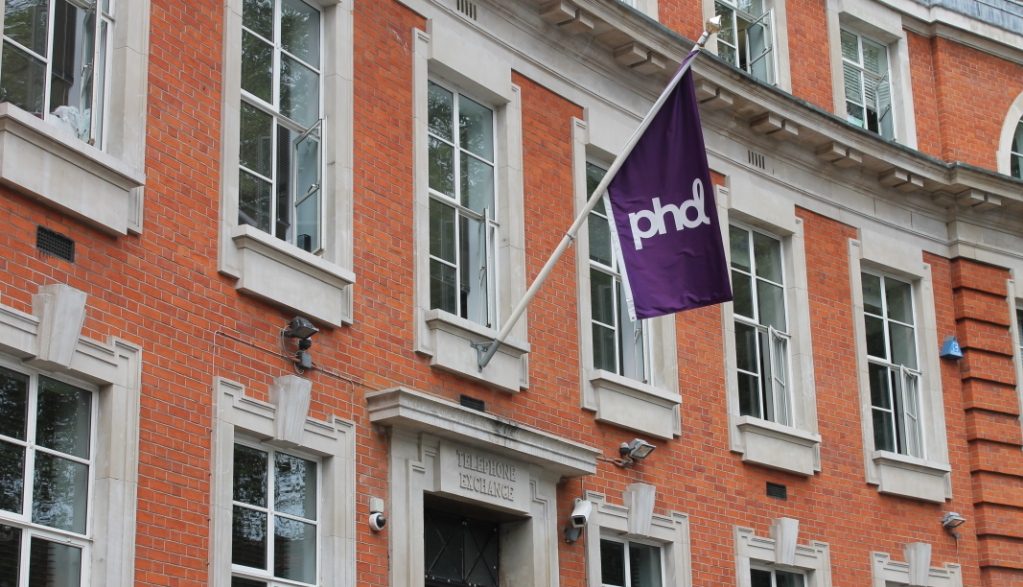Ahead of the publication of PHD’s upcoming book, Overthrow II – 10 strategies from the new wave of challengers, co-author Malcolm Devoy gives Campaign a media agency view on the complexity of efficiency vs. effectiveness. Find more information on Overthrow II here.
In media, it isn’t just a case of reducing costs; it is shrouded in a linguistic complexity.
In Dave Trott’s article “Efficiency v effectiveness” last week, he describes the problem of focusing on efficiency first in the creative industry. In short, when trying to reduce costs, one can also compromise the outcome. There is a similar problem in the media industry, except that it isn’t just a case of reducing costs – it is more deep-rooted and shrouded in a linguistic complexity.
Effectiveness and efficiency are two terms that have become used so interchangeably that both tend to be used to indicate that “the outcome is good”.
There needs to be clarity here. “The outcome is good” really means that things were effective. Effectiveness is about the end result. Efficiency merely describes what efforts or cost it took to get there.
One could be forgiven for using the terms incorrectly, given that the media industry has fixated on efficiency – to the extent that efficiency KPIs have become the defining KPIs for proving effectiveness. But, of course, they don’t. They merely prove efficiency.
Brand growth is an ‘effectiveness’ KPI. Cost per growth point is an ‘efficiency’ KPI. At face value, the latter seems more important – it quantifies the cost required to achieve the same result. But if we are to optimise towards the latter, we could make decisions that ultimately deprive us of the successful outcome of brand growth.
The same goes for ROI, which is an ‘efficiency’ KPI. Due to the shape of revenue response curves, it is inevitable that if you spend less, you will have a better ROI. This is because a lower spend is on a steeper part of the curve. But improving ROI in this example would also reduce revenue return. If you single-mindedly focus on ROI, you can inadvertently reduce brand growth or even reduce brand size.
The problem is that efficiency is so seductive. It’s easy to measure efficiency metrics (such as price, cost per click, cost per reach point). We all tend to optimise towards what is measurable, hence the complete shift to focusing on efficiency as if it were effectiveness itself.
PHD has teamed up with strategic brand consultancy eatbigfish to publish a book, launching in June, called Overthrow II – 10 Strategies from the New Wave of Challengers (a sequel to our 2012 publication) that examines challenger brand strategies in the current era. There is one thing that stands out when we examine the commonalities between these challenger brands: challenger brands (which we define as brands that successfully challenge category conventions to achieve disproportionate share of market versus their marketing and media budgets) appear to be extremely inefficient.
That is to say, they don’t appear to care about efficiency when you examine their media behaviours. They are less interested in media pricing, campaign ROI or even current trends such as machine-learning algorithms and artificial intelligence. Instead, they are interested in creating disproportionate attention, which in turn leads to a disproportionate brand salience score, which in turn leads to a disproportionate share of market.
Of course, by doing this, it turns out that they are in fact extremely efficient. Their growth is so phenomenal; it means their cost per growth point is remarkably efficient. The key to all of this is that they focused on the outcome first (effectiveness) and not the methods of execution (efficiency).
Brands can be efficient by virtue of being effective. But the relationship doesn’t hold true the other way around – brands don’t tend to become effective by virtue of being efficient.
The era in which we currently find ourselves has promoted efficiency to the top table. Savings make headlines; procurement takes the lead in deciding media reviews. Efficiency is the main game in town. The sooner we correct our linguistic mistake that efficiency equals effectiveness, the sooner clients will start to get the effective media strategies they need.
This article was originally published in campaignlive.co.uk.



